For Sartre, there are two modes of being: “Being in-itself” and “Being for-itself”. “Being for-itself” is the mode...
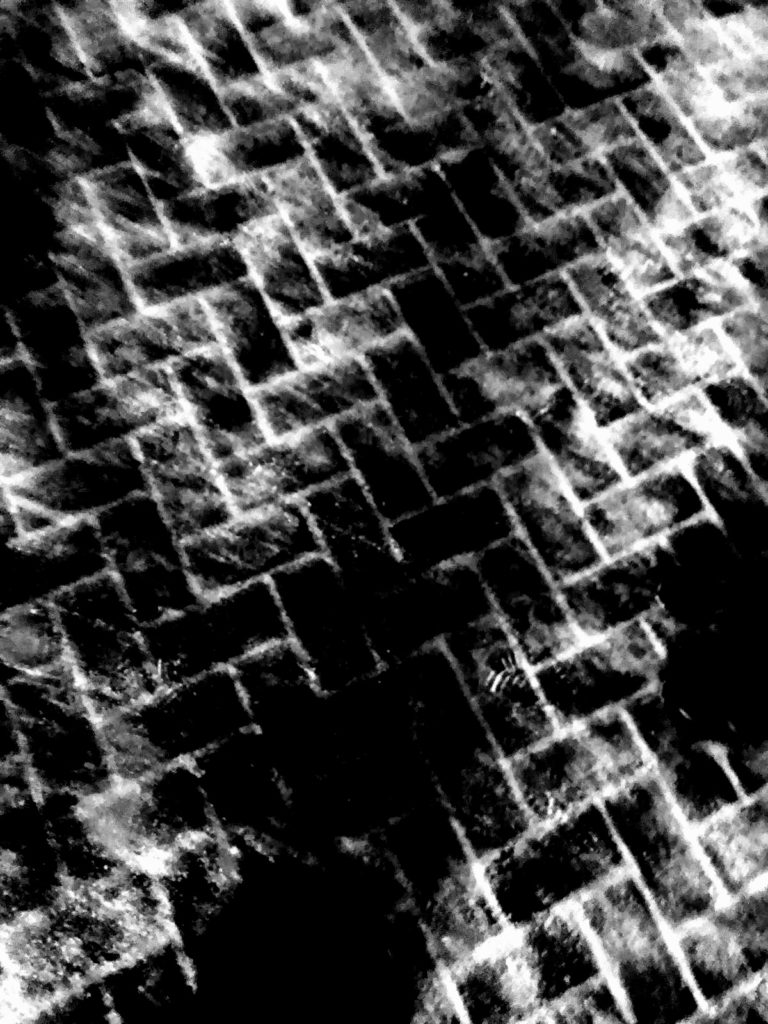

For Sartre, there are two modes of being: “Being in-itself” and “Being for-itself”. “Being for-itself” is the mode...

It is always the moment in which the world decides to distance itself from oneself and leaves one...
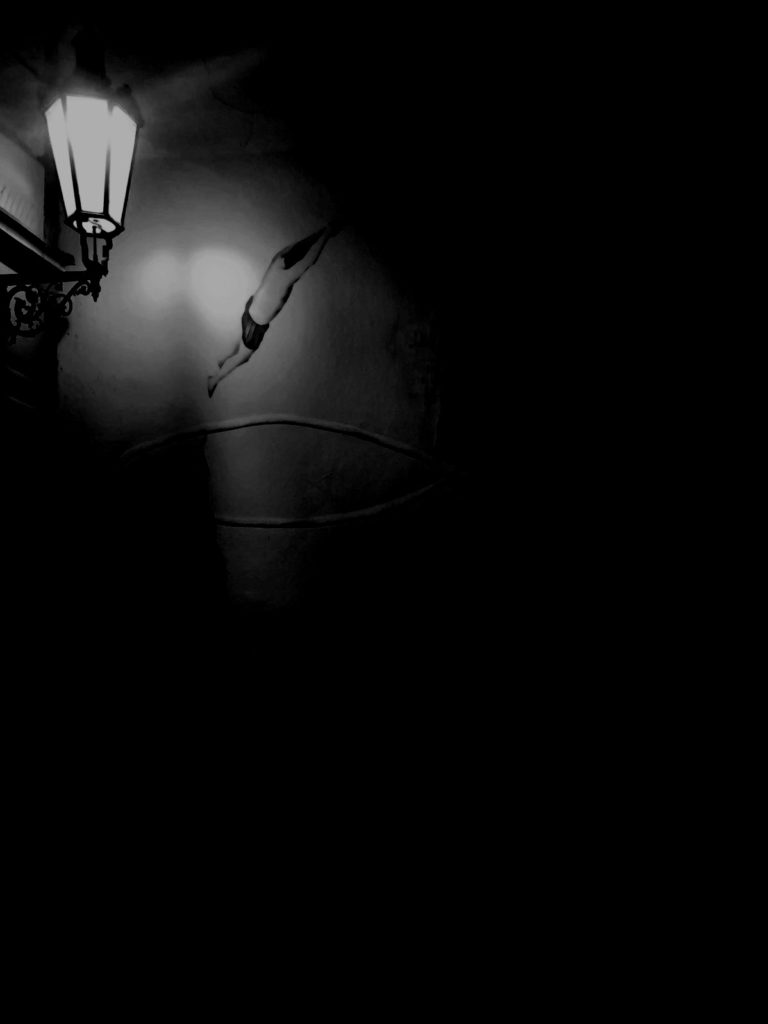
Transcendence occurs because the “for-itself”, that is, consciousness, is a nothingness. Consciousness, for Sartre, is what it is...
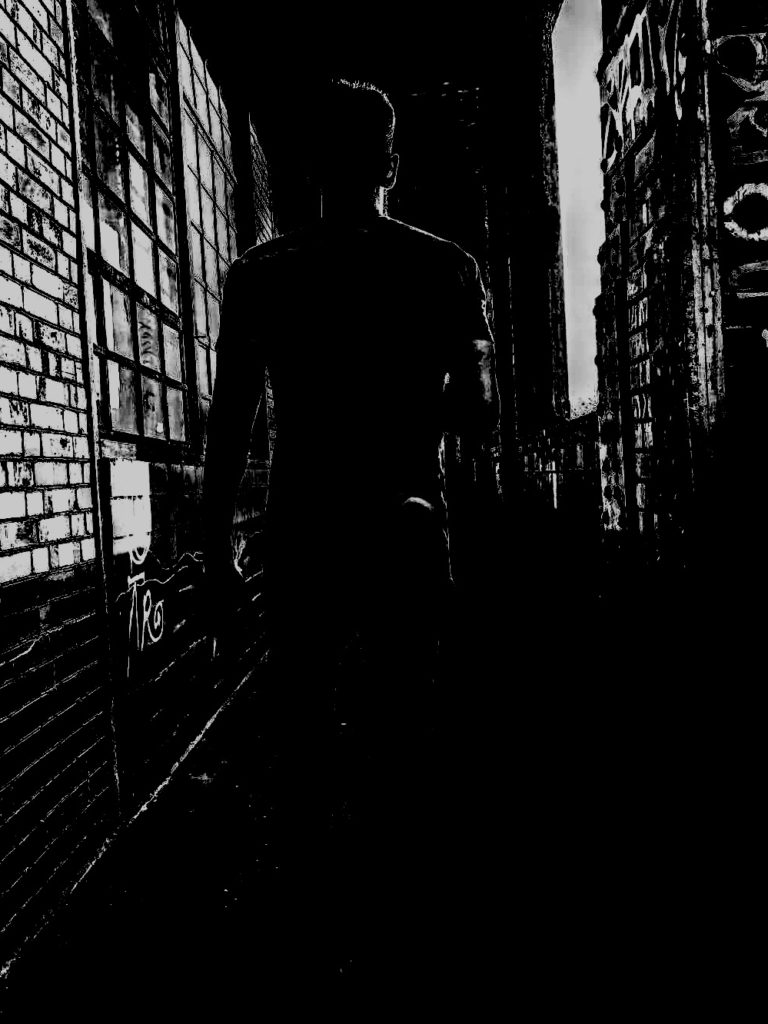
The body is not a tool that the individual might use, but rather the center and origin of...
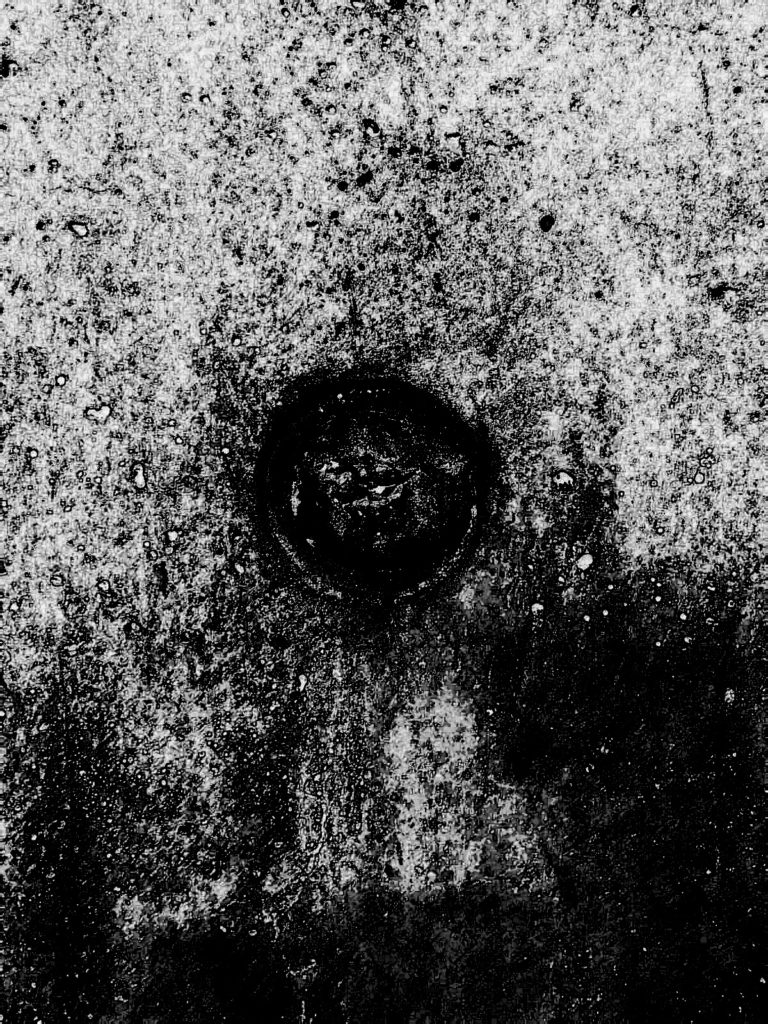
Sartre defines consciousness as nothingness and nothingness as freedom. It is in this togetherness of consciousness and freedom...
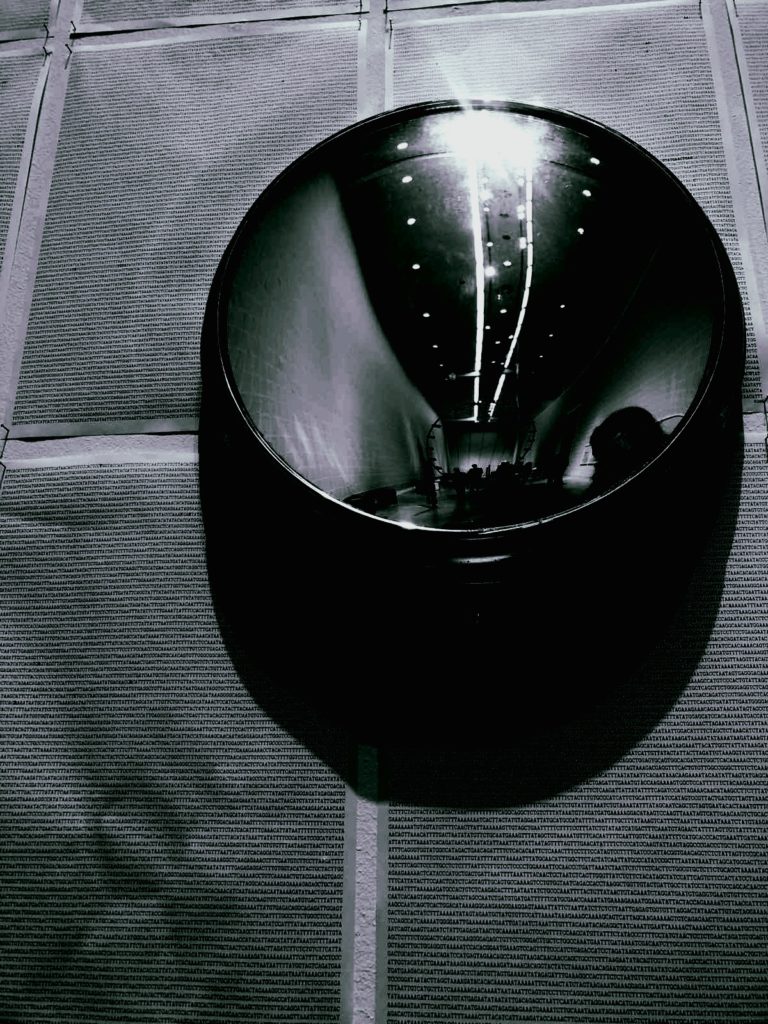
In Being and Nothingness, Sartre refuses any dualistic thinking of the world, and introduces what he calls “being...
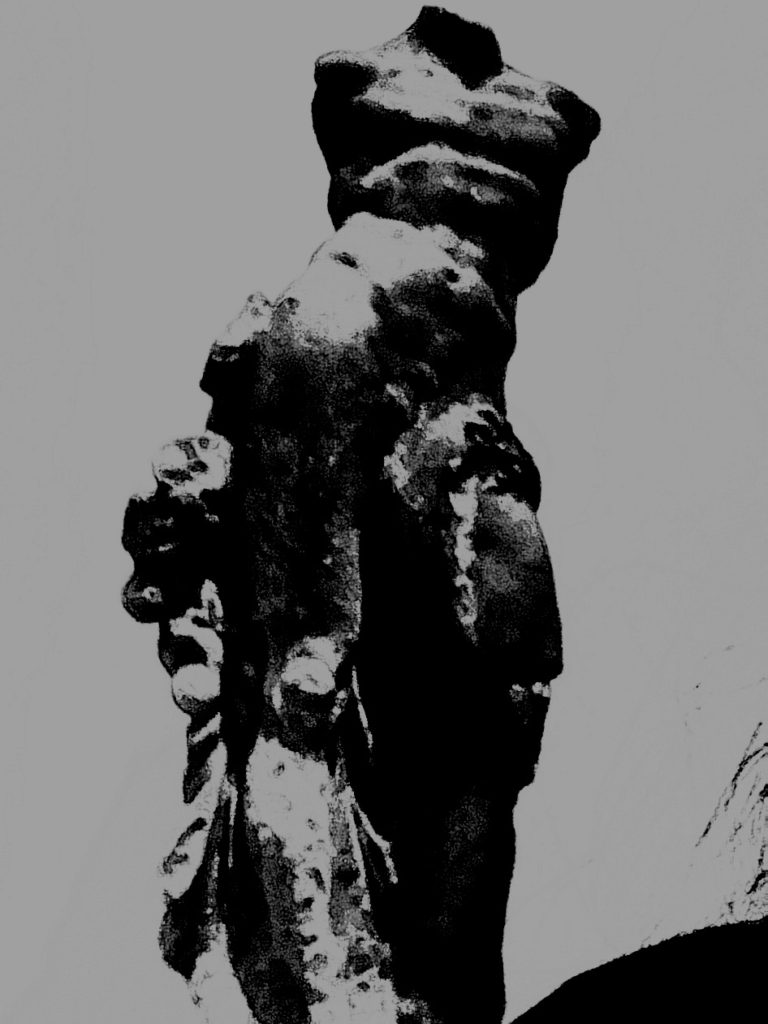
The unconscious, for Sartre, means that there is a part of ourselves that is absent, radically foreign, and...